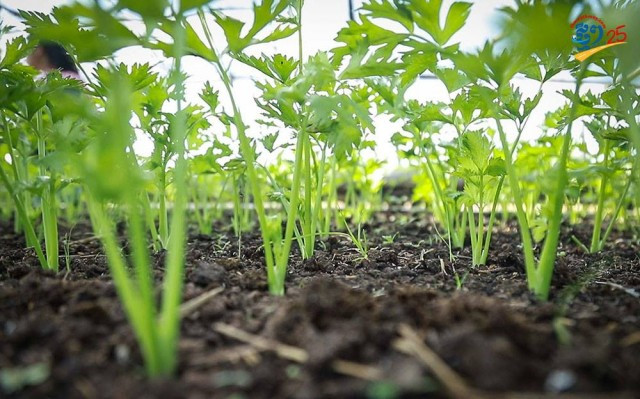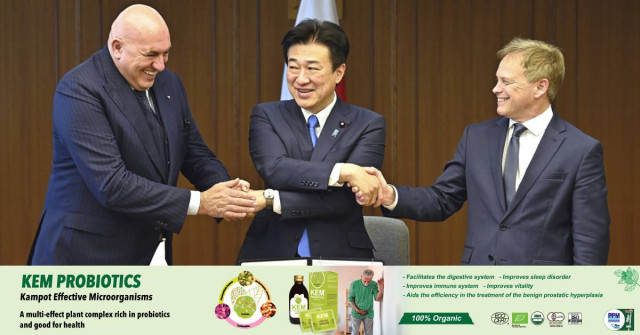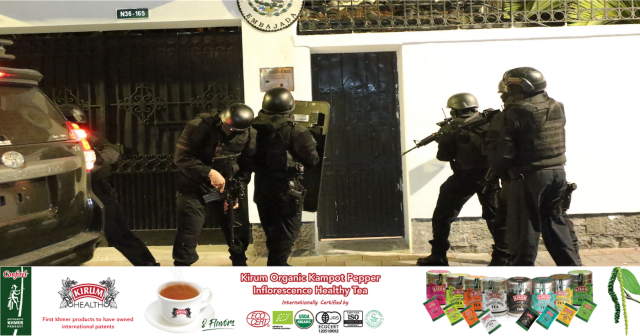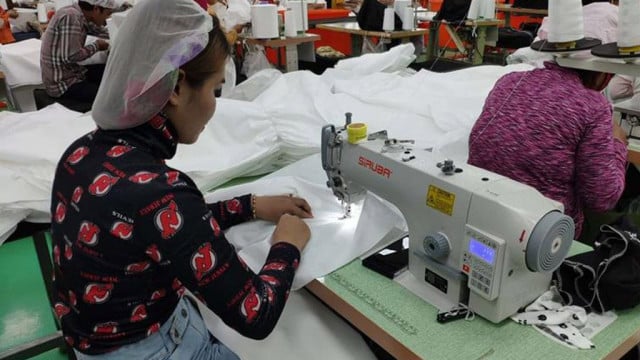What if we were to decree an “organic” state of emergency?

- Lim Tola
- October 12, 2019 6:17 AM
Cambodianess.com recently reported how successful Phnong farmers have been at switching to organic farming in Mondolkiri province.
The organic coffee beans they sell to Timor Coffee now generate substantial revenues, and the five families who first switched to organic farming have been joined by 30 or so other families, which has expanded the acreage for organic coffee.
Those farmers are not the first ones to switch to organic farming. The country produces organic rice, pepper, palm sugar and market-gardening products, which end up bringing in more profit for farmers, especially when selling on international markets.
Eliminating all chemicals—pesticides, insecticides, fertilizers—that farmers tend to use in their fields takes time as land has to be set aside for a minimum of three years before it can be certified for organic farming. And then this certification, which is expensive, is indispensable if one wishes to commercialize products grown this way at the best possible price.
This initial step is a major one to handle. Then, one must find appropriate distribution networks including those for international markets, which is difficult for small farmers.
On one hand, the cost of switching to organic farming is high.
But on the other hand, this assures better revenues if one can become part of powerful distribution networks that are fair with farmers.
Today, the transition to organic is taking place through unrelated initiatives.
At a time when consumers around the world can no longer stand industrial junk food and are demanding healthy food products that are free of chemical poisonous substances, organic holds promise for the future: Organic IS the future.
Cambodia has the incredible good fortune of having land that is little or not polluted by chemical products, and this, unlike neighboring countries such as Vietnam whose reputation of extreme contamination affects some of its farm-product market.
Let’s dare dream. Dream of a country that would be known for its invaluable architectural and cultural heritage as well as its wholly-organic agricultural production.
Organic and solely organic. Organic that would be certified, traceable, validated by national institutions as well as by international authorities.
In the past, Cambodia was known as the Switzerland of Asia because of its environment and the quiet, peaceful life it provided.
In the future, one would say of the country that it is the “organic breadbasket of the world.”
Just as Bhutan is known around the world for having set aside the gross domestic product as an economic indicator, using instead the “Gross National Happiness” index, Cambodia could become the “Wholly Organic Country.”
Having that reputation would be invaluable for rural development.
This is a dream, but an attainable one.















